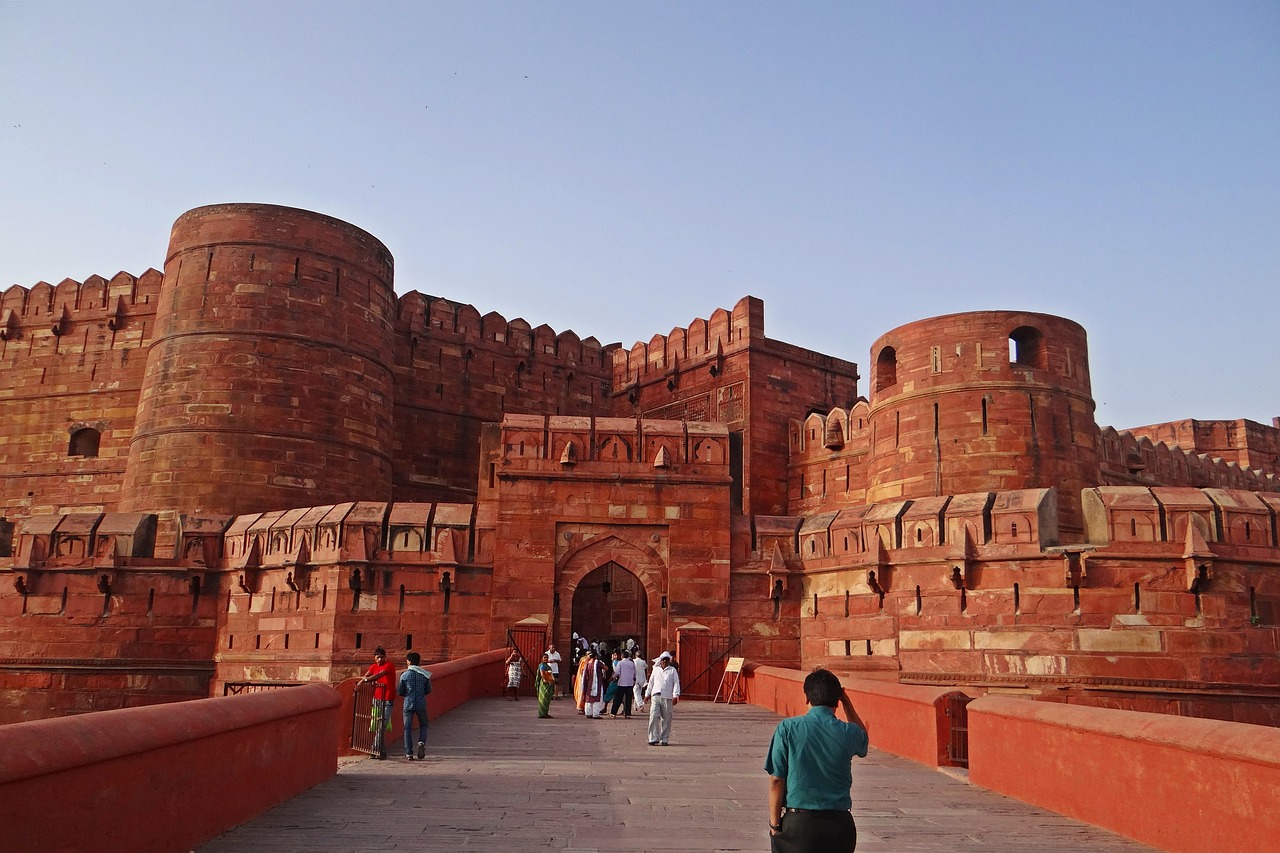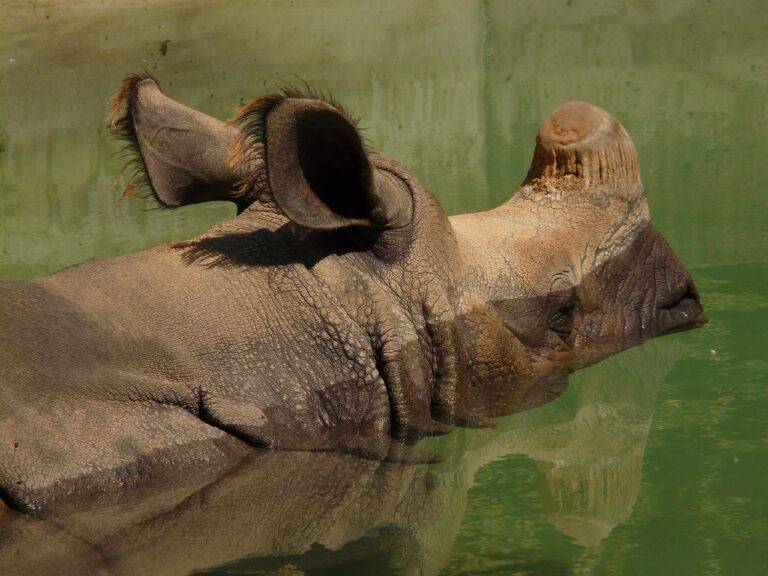LGBTQ+ Rights and Political Representation in Elections
As the fight for equality and representation continues, the LGBTQ+ community has made significant strides in recent years towards securing their rights in various aspects of society, including political representation in elections. In this article, we will explore the challenges faced by LGBTQ+ individuals in the political arena, the progress that has been made, and the importance of LGBTQ+ rights in elections.
The Challenges Faced by LGBTQ+ Individuals in Politics
Historically, LGBTQ+ individuals have faced numerous challenges in the political sphere, including discrimination, exclusion, and lack of representation. Many LGBTQ+ candidates have experienced discrimination and bias while running for office, facing obstacles that their heterosexual counterparts do not encounter. In addition, LGBTQ+ individuals have often been overlooked or marginalized in political conversations and decision-making processes, leading to a lack of representation at all levels of government.
The Progress Made Towards LGBTQ+ Political Representation
Despite these challenges, the LGBTQ+ community has made significant progress in recent years towards achieving political representation. More LGBTQ+ candidates are running for office than ever before, and many have been successful in winning elections at the local, state, and national levels. This increased representation has helped to elevate LGBTQ+ issues in political discourse and bring attention to the unique challenges faced by the community.
The Importance of LGBTQ+ Rights in Elections
Ensuring LGBTQ+ rights in elections is essential for creating a more inclusive and representative political system. When LGBTQ+ individuals are able to participate fully in the political process, their voices are heard, and their concerns are addressed. This leads to more equitable policies and legislation that benefit all members of society, regardless of sexual orientation or gender identity.
Challenges and Opportunities for LGBTQ+ Political Representation
While progress has been made towards LGBTQ+ political representation, there are still challenges that need to be addressed. LGBTQ+ candidates continue to face discrimination and bias, and many obstacles remain in place that prevent full inclusion and equal representation in the political arena. However, there are also opportunities for growth and advancement, as more LGBTQ+ individuals engage in the political process and advocate for change.
Impacts of LGBTQ+ Representation on Policy and Legislation
Having LGBTQ+ representation in government has a significant impact on policy and legislation. LGBTQ+ lawmakers are more likely to advocate for equality and social justice issues that benefit the entire community. They bring a unique perspective to decision-making processes and are instrumental in promoting inclusive policies that advance LGBTQ+ rights and protections.
The Future of LGBTQ+ Rights and Political Representation
As we look towards the future, it is essential to continue advocating for LGBTQ+ rights and political representation in elections. By supporting LGBTQ+ candidates, engaging in political activism, and voting for inclusive policies, we can create a more equitable and representative political system that benefits all members of society. Together, we can work towards a future where LGBTQ+ individuals have equal rights, representation, and opportunities in the political arena.
FAQs
Q: Why is LGBTQ+ political representation important?
A: LGBTQ+ political representation is important because it ensures that the voices and concerns of LGBTQ+ individuals are heard and considered in the decision-making process. It helps to create more inclusive policies and legislation that benefit the entire community.
Q: How can I support LGBTQ+ candidates in elections?
A: You can support LGBTQ+ candidates in elections by volunteering for their campaigns, donating to their campaign funds, and spreading the word about their platforms and policies. You can also vote for LGBTQ+ candidates who align with your values and priorities.
Q: What are some key issues facing LGBTQ+ individuals in politics?
A: LGBTQ+ individuals in politics often face discrimination, bias, and lack of representation. They may also encounter obstacles such as lack of funding, support, and resources. It is essential to address these issues and work towards a more inclusive and representative political system.
Q: What can I do to advocate for LGBTQ+ rights in elections?
A: You can advocate for LGBTQ+ rights in elections by supporting LGBTQ+ candidates, engaging in political activism, and voting for inclusive policies. You can also educate others about the importance of LGBTQ+ representation and work towards creating a more equitable political system for all.







